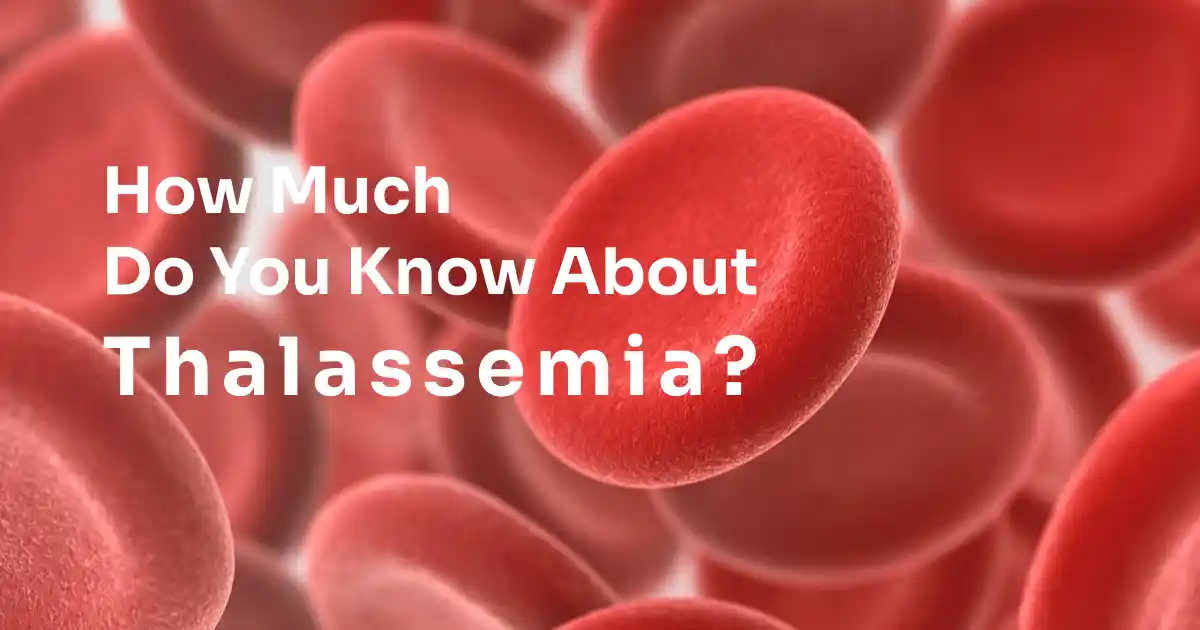
Let’s connect
Are you interested in our products or services? Fill out the form below to request a free quote.

Thalassemia is an inherited blood disorder that causes your body to have less hemoglobin than normal. Hemoglobin enables red blood cells to carry oxygen. Thalassemia can cause anemia, leaving you fatigued.
Hemoglobin molecules are made of chains called alpha and beta chains that can be affected by mutations. In thalassemia, the production of either the alpha or beta chains are reduced, resulting in either alpha-thalassemia or beta-thalassemia.
The H8, H9 and H100 plus boast a range of features that set them apart from conventional analyzers. With state-of-the-art HPLC technology at their core, they deliver unparalleled accuracy and reliability in thalassemia and HbA1c testing.
Lifotronic’s HPLC system provides simultaneous quantitative results for HbA2 & HbF while detecting the most commonly occurring haemoglobin variants (E,D,S,C).
Our HPLC solutions are designed to accommodate thalassemia testing needs across a range of workloads, including small, medium, and large volumes, ensuring flexibility and efficiency for laboratories of all sizes.